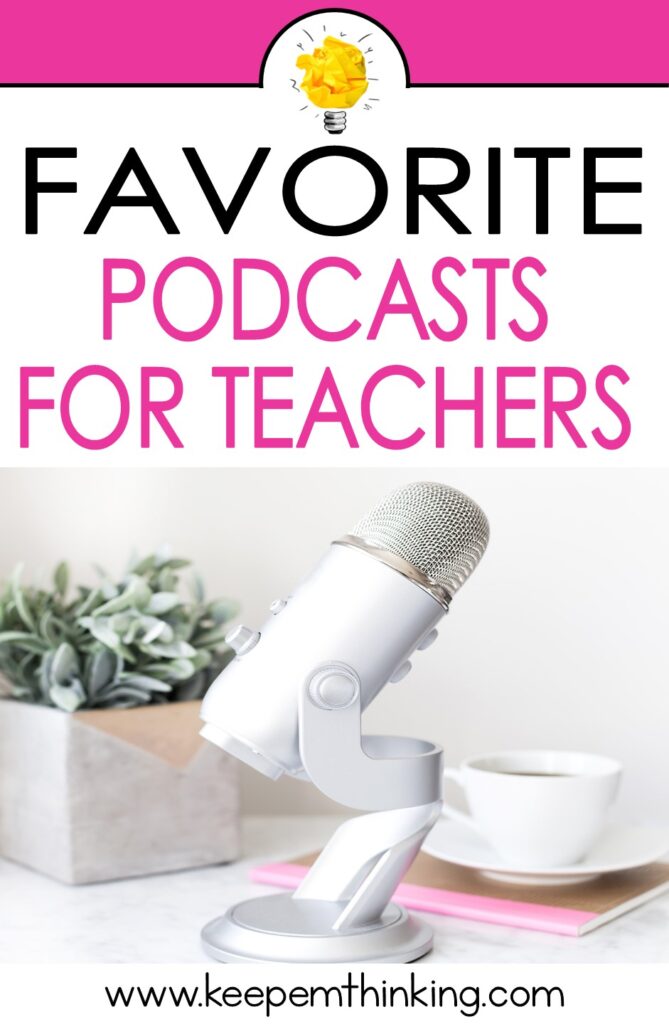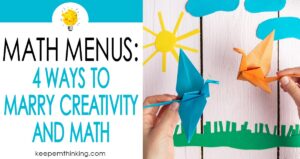Summer Break is a time for teachers to rest and rejuvenate. It’s an opportunity to take a pause from the day-to-day challenges of the classroom, lesson planning, and endless grading. And rightly so, as we pour so much of ourselves into our students throughout the school year. However, as a teacher myself, I’ve always believed that the quest for knowledge doesn’t take a vacation, and neither does the inherent curiosity that led many of us into the teaching profession in the first place.

Summer break presents a unique opportunity to immerse ourselves in the continuous pursuit of learning, not as an obligation but as a choice. In essence, it’s about cultivating a lifelong learning mentality. These experiences will enhance our personal growth and enrich our classrooms when we return in the fall feeling refreshed and brimming with new ideas.
Understanding Lifelong Learning
Being a lifelong learner means embracing the idea that learning is an ongoing process that continues throughout our lives. It recognizes that learning can and should take place at all stages of life and in various contexts. It is an approach to life that includes curiosity and a thirst for knowledge.
Curiosity is the catalyst for lifelong learning. It sparks questions, fuels exploration, and drives us to delve deeper. It is a trait that is inherent in all of us and is especially crucial for teachers. Because as teachers, our curiosity inspires our students to be curious and fosters a love of learning in them.
For teachers, lifelong learning means continually developing professionally, exploring new teaching methodologies, staying updated on the latest research in pedagogy, and adapting to changes in educational policies and curriculums.
But it’s not just limited to professional growth; it also extends to learning for personal development and pleasure. Summer Break is a great time for delving into a hobby, exploring a new culture, or reading for the joy of it. Lifelong learning encourages us to stay dynamic, resilient, and open-minded, qualities that positively reflect in our teaching practices and personal lives.
The Importance of Maintaining Curiosity during the Summer Break

Summer Break is a period of respite for teachers, a time to breathe, relax, and rejuvenate. After a hectic academic year, it is tempting to switch off our brains and ignore the call of curiosity for a while. However, I’ve found that keeping the flame of curiosity alight during summer break can be immensely beneficial.
Preventing Intellectual Stagnation
Just as our bodies need regular exercise to stay fit, our brains also require regular stimulation to remain sharp and agile. By indulging our curiosity and learning new things, we keep our minds active and engaged.
Maintaining Curiosity During Summer Break
Maintaining curiosity during the break allows us to explore areas outside our usual field of study or teaching. It broadens our horizons and provides a fresh perspective, often leading to a wellspring of creativity and innovative ideas that we can introduce to our classrooms.
Contributes to Personal Growth
It contributes to our personal growth. When we learn simply for the joy of learning, we often gain deeper insights about ourselves, our interests, and our capabilities. We rediscover the thrill of learning something new, a thrill we can communicate to our students when school resumes.

One summer, I decided to delve into the world of gardening. The process was incredibly rewarding. I learned about different plant species, how to care for them, and the patience required in gardening. When I returned to school, I found myself drawing parallels between my summer experience and my teaching, using my newfound knowledge to explain concepts and make lessons more engaging.
Such experiences are not uncommon. When we maintain our curiosity, the summer break becomes more than just a period of relaxation; it becomes a time for personal growth and exploration, a time that ultimately enriches our professional life as educators.
Practical Ways to Foster Lifelong Learning during the Summer Break
Here are a few strategies that I’ve found effective in fostering lifelong learning.
Book Clubs and Reading

A book, it’s often said, is a dream you can hold in your hands. Whether it’s a captivating novel, a thought-provoking non-fiction piece, or a professional development book, reading is a fantastic way to engage our minds and learn new things. Creating a summer reading list can be a great start. Also, joining or starting a book club can add a social element to this learning process.
Online Courses and Conferences
The internet is a treasure trove of learning opportunities. Numerous platforms offer online courses on a vast array of subjects. Some of these are specifically geared towards educators, offering new teaching methodologies, classroom management techniques, or updates in education policy. Others allow you to delve into entirely new areas, from coding to philosophy. Similarly, webinars can be an excellent way to hear from experts in various fields.
Travel and Cultural Immersion

If circumstances allow, traveling can be a wonderful way to learn. This doesn’t always mean flying to a different country; it could be as simple as visiting a museum, park, or landmark in your own city or state. Each journey, big or small, introduces us to new cultures, histories, and ways of life. It’s an education outside the four walls of a classroom.
Creative Projects and Hobbies

Exploring a hobby or undertaking a creative project can be another exciting way to learn. Whether it’s painting, cooking a new cuisine, learning a musical instrument, or starting a DIY project, these activities challenge us in different ways, fostering creative thinking and problem-solving skills.
These are merely suggestions, and the beauty of lifelong learning is that there is no one-size-fits-all approach. The goal is to find what piques your curiosity, captures your interest, and nurtures your growth as both an individual and an educator.
How to Make Lifelong Learning a Habit
The real power of lifelong learning comes from making it a consistent part of our lives.
Creating a Daily Routine of Learning
While the summer break provides an extended period for exploration and learning, we should aim to engage with learning regularly, even beyond these months. One effective way is to create a daily routine that incorporates learning. This could be setting aside some time for reading, listening to a podcast, or engaging in an online course. It might seem daunting initially, but even fifteen minutes a day can make a significant difference over time.
If you want to know some great podcasts for teachers, click here or on the image below.
Cultivating a Growth Mindset
Finally, and perhaps most importantly, fostering lifelong learning requires cultivating a growth mindset. Coined by psychologist Carol Dweck, a growth mindset is the belief that our abilities and intelligence can be developed through dedication and hard work. It means viewing challenges as opportunities for growth, understanding that effort is a path to mastery, and learning from criticism.
With a growth mindset, we can see every experience as a learning opportunity. It encourages us to ask questions, seek out new experiences, and embrace the joy and challenges of learning. A growth mindset is beneficial not only for us as educators but also a powerful tool we can pass on to our students.
Turning lifelong learning into a habit requires commitment and effort, but the rewards – in personal growth, enriched teaching practices, and the joy of discovery – are well worth it.
Final Thoughts

Lifelong learning is a pursuit of knowledge that extends beyond traditional schooling into every aspect of our lives. For teachers, this quest for learning is vital for our professional development and personal growth.
Maintaining this curiosity over the summer break allows us to explore new interests, broaden our perspectives, and rejuvenate our minds with a fresh surge of creativity.
Summer break can be much more than just a pause from teaching; it can be a period of exploration, discovery, and growth. I encourage you to embrace one or more of the strategies shared above. Whether it’s joining a book club, learning a new skill, or simply setting aside a few minutes each day for reading, commit to nurturing your curiosity this summer. I hope all of you take the time to enjoy summer break.
Pin For Later







